Every sports season, athletes fall out of love with their lifelong sports. Why do athletes stop after enjoying it for years of loving it?
1. Burnout
We hear the word ¨burnout” almost every day. But, what does being burnt out mean? According to Darling Downs Health, burnout is a complete mental, physical, and emotional exhaustion that can cause a ¨shutdown¨ in the human brain. The question left to ask is, why do athletes experience burnout? Burnout is a result of physical and emotional stress. Athletes who experience burnout may often show symptoms before impulsively quitting including mood changes, fatigue, lack of enthusiasm for their sport, decreased sports performance, or difficulty completing daily routines. According to ZipDo, 39.2% of females and 34.7% of males experience athletic burnout during high school, resulting in quitting. Coaches have been wondering for generations how to prevent burnout.
2. Teammates
To achieve your athletic goals you need to have a positive environment. Dealing with a negative environment can have an impact on athletes, but, why is that? Moods/attitudes spread easily on a team. Whether you’re around a teammate with a negative or a positive attitude, it will likely rub off on you for good or bad. Within any team, there are wins and losses but making sure athletes treat each other with respect after a loss and make sure to prevent targeting is a mandatory part of having a positive environment. Making sure language is beneficial to a team is also important. According to CHRON, a bad teammate’s lack of appreciation to contribute to the other team members also factors into a poor team member’s rude behavior.
3. Coaches
Coaches are the main aspect of every sport, they determine the outlook for a team’s season. Lots of coaches understand the role they play in an athlete’s life, but some do not. Coaches need to criticize athletes for them to grow, but at a certain point, it can become negative and repetitive. By coaches negatively talking to their athletes it can cause them to be afraid to make mistakes and provide their coach any sort of feedback. When a coach projects directly on one athlete to perform well it can make a player/performer have performance anxiety. Although we hear that word often, what does it mean? Performance anxiety is extreme nervousness experienced before or during participation in an activity taking place in front of an audience.
4. Parents
Parents dream of their children being successful and feel the need to push their children to the ultimate level for success. But, when does pushing your child become too far? Voicing negativity about a game gone wrong, or a move done incorrectly can be more harmful from an athlete’s parents rather than their coach. This is because it can cause the child to have negative self-perception and low self-esteem. According to the psych central, the effects of this include athletes having control issues. This can make athletes push their limits and boundaries at home to see what they can get away with. The effects can also include antisocial behavior, difficulty forming relationships, and a higher likelihood of breaking laws when they become adults. We advise the best thing parents can do is to let the coaches coach and offer support/encouragement instead of pressuring them to perform well.
5. Injury
When an athlete gets any type of injury it does not only affect their body or performance. According to the NCAA, an injury can also lead to sadness, isolation, irritation, lack of motivation, anger, changes in appetite, and sleep disturbance. Coaches, trainers, parents, and most importantly athletes need to understand that emotional reactions to an injury are normal. Even after healing an injury can leave players in a state of fear or anxiety to play again. According to NIH, twenty percent of elite athletes drop out yearly due to an injury and eight percent of adolescents drop their sport for the same reason.
Overall there is 70% of athletes quit before they turn thirteen for a reason including one on our list. Learning about how you can prevent burnout, negative teammates, negative coaches, negative parents, and injuries is the first step to staying involved in your sports.


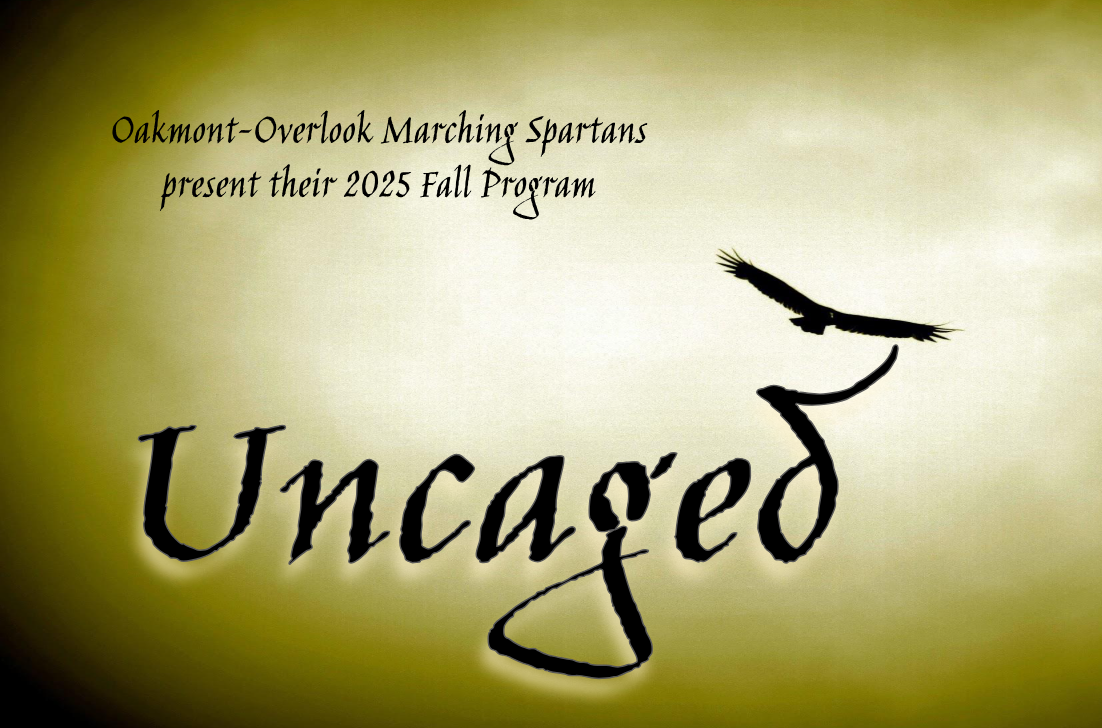

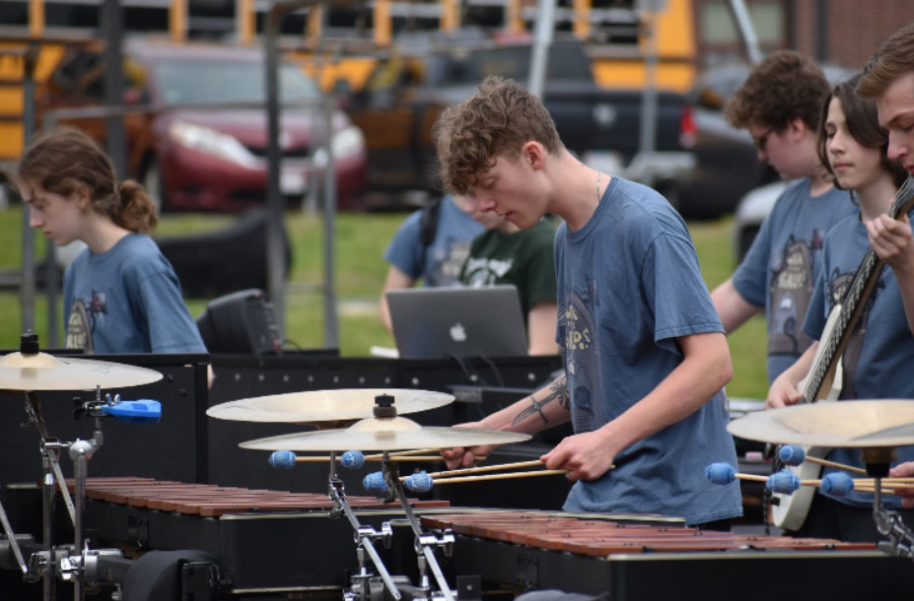

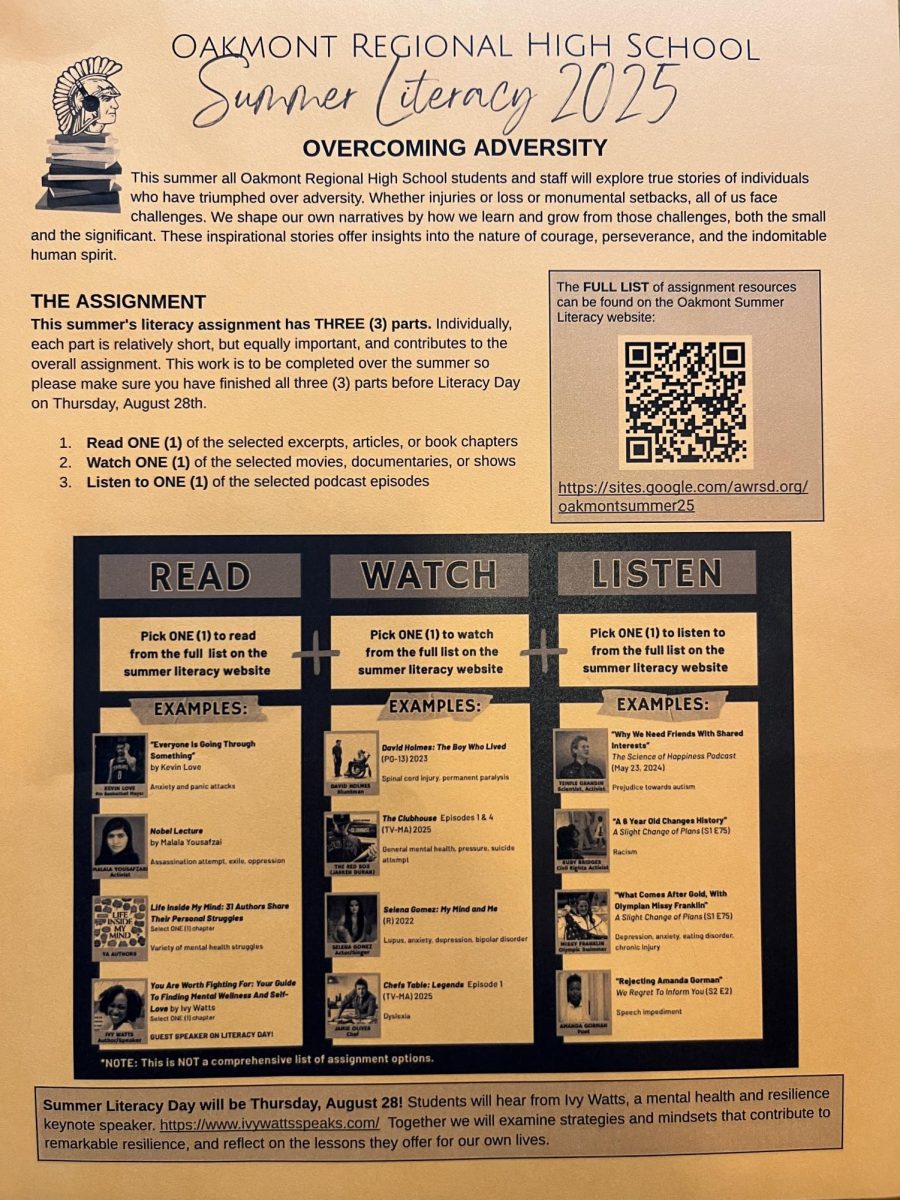






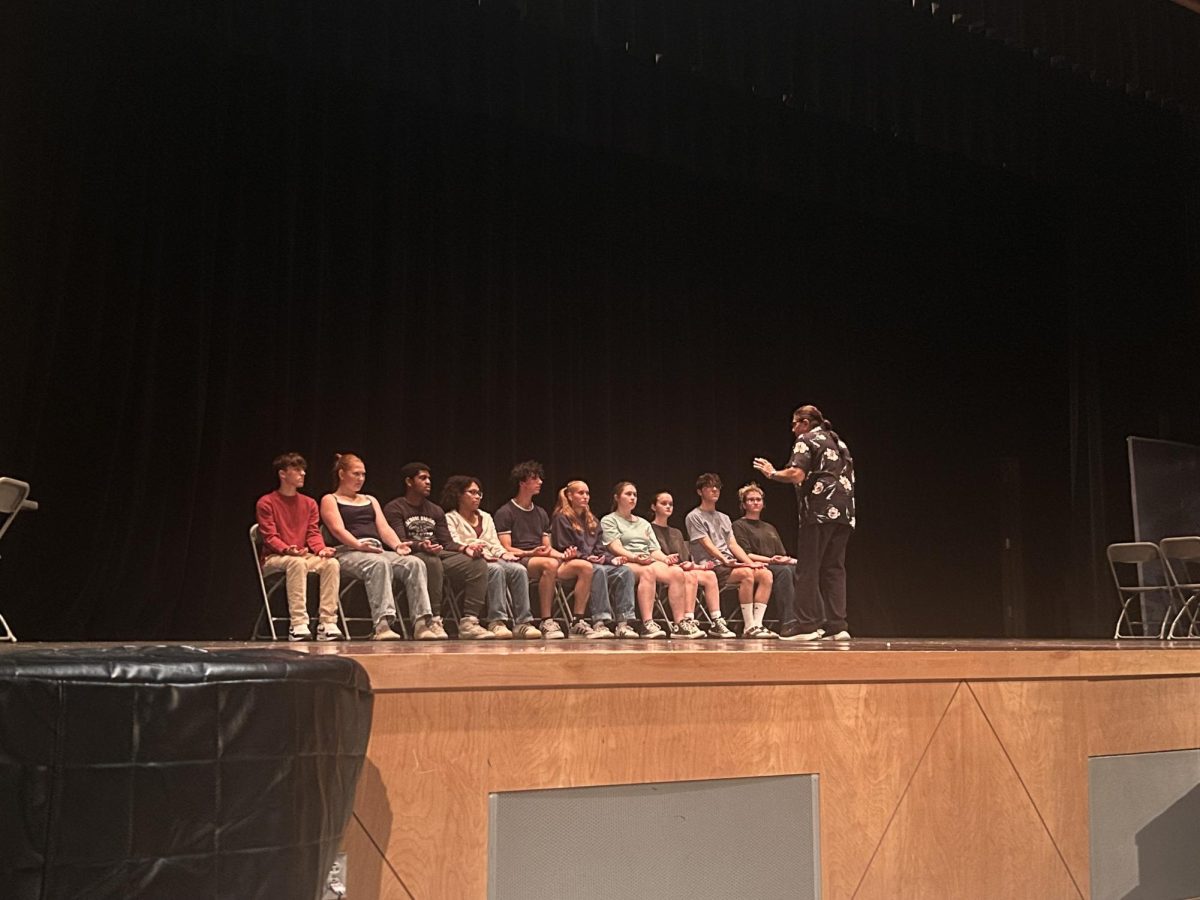


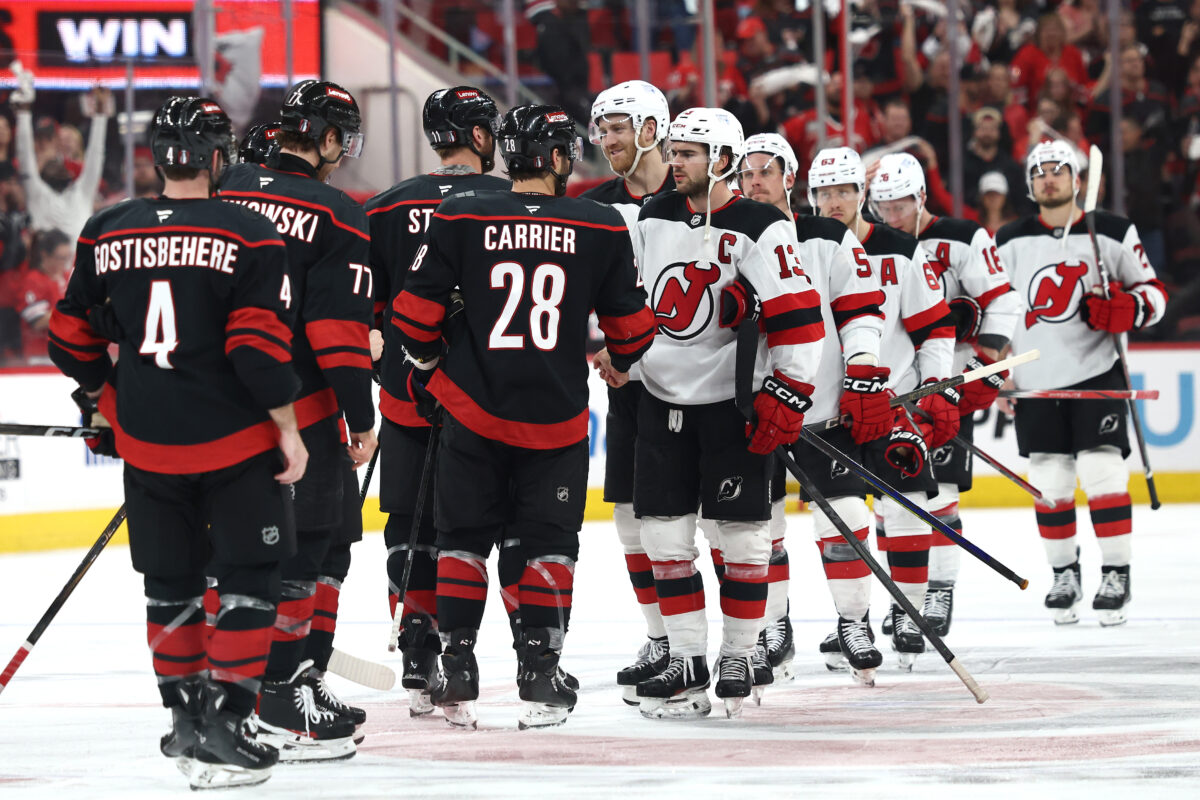

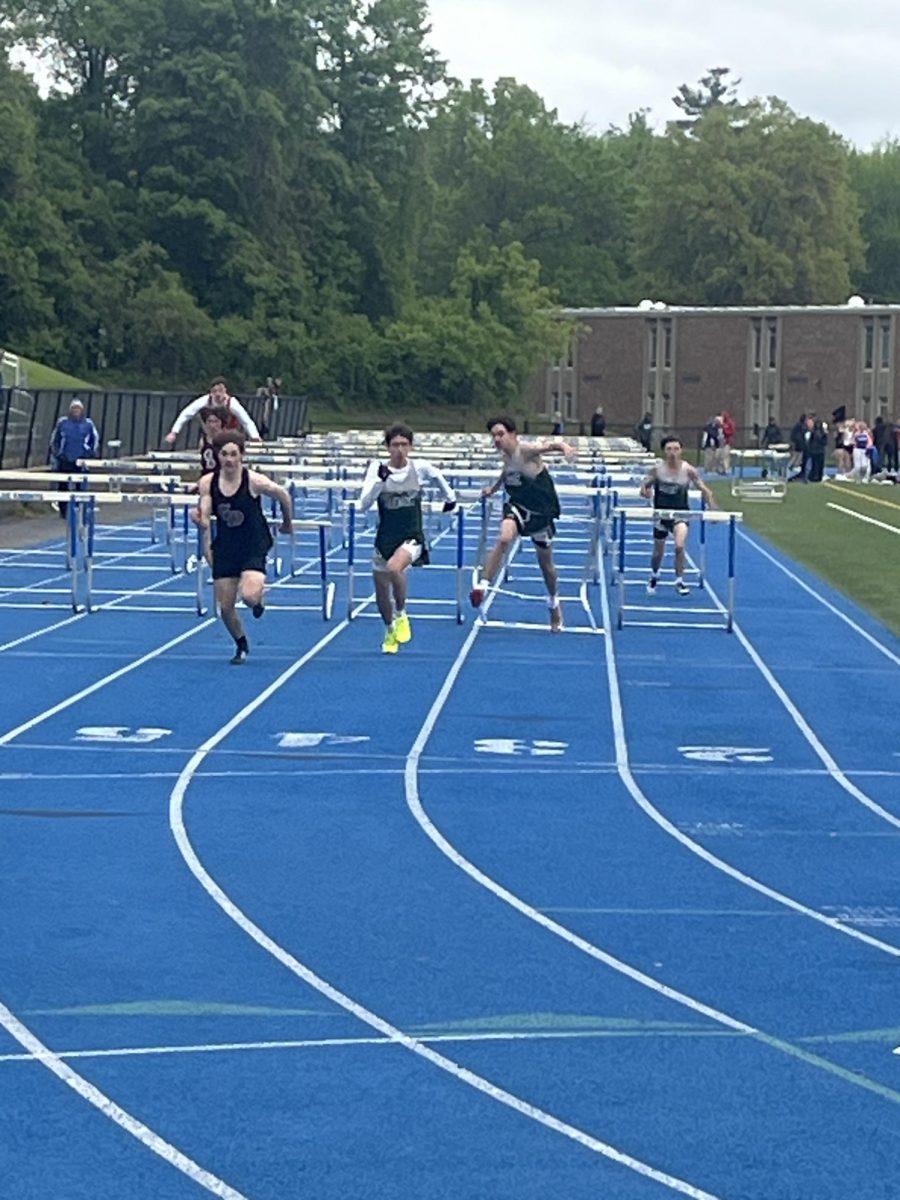



Mikaela • Mar 14, 2024 at 10:06 am
I thought this was well-written and a great topic.